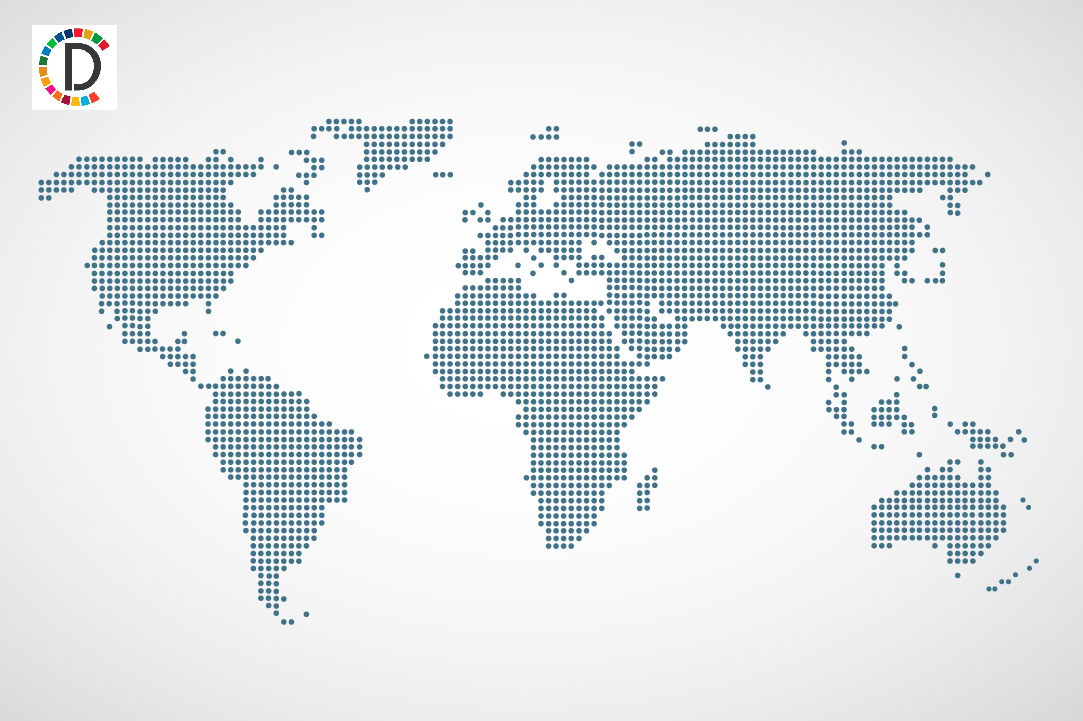U.S. plans diplomatic boycott of Olympics; China threatens to retaliate
President Joe Biden said last month that he was considering such a diplomatic boycott amid criticism of China's human rights record, including what Washington says is genocide against minority Muslims in its western region of Xinjiang. The diplomatic boycott, which has been encouraged https://www.reuters.com/world/us/us-senators-propose-adding-boycott-chinas-winter-olympics-defense-bill-2021-10-28 by some members of the U.S. Congress for months, would not affect the attendance of American athletes.

The Biden administration is expected to announce on Monday that U.S. officials will not attend the 2022 Winter Olympics in Beijing, a source told Reuters, after China pledged unspecified "countermeasures" against any such diplomatic boycott. President Joe Biden said last month that he was considering such a diplomatic boycott amid criticism of China's human rights record, including what Washington says is genocide against minority Muslims in its western region of Xinjiang.
The diplomatic boycott, which has been encouraged https://www.reuters.com/world/us/us-senators-propose-adding-boycott-chinas-winter-olympics-defense-bill-2021-10-28 by some members of the U.S. Congress for months, would not affect the attendance of American athletes. A source familiar with the situation told Reuters the announcement could come on Monday, after U.S. media reported it would be announced this week.
The White House and State Department declined to comment. Those calling for a boycott are "grandstanding" and should stop "so as not to affect the dialogue and cooperation between China and the United States in important areas", Chinese foreign ministry spokesman Zhao Lijian told a news briefing earlier.
"If the U.S. insists in wilfully clinging to its course, China will take resolute countermeasures," he said without elaborating. The United States is next due to host an Olympics in 2028 in Los Angeles, raising the question of how China might respond in the interim.
Beijing says it opposes the politicization of sports, but it has punished American sports leagues in the past, including the National Basketball Association, for running afoul of its political red lines. Chinese officials point out that they have received more than 1,500 applications from the U.S. Olympic Committee, which is responsible for submitting names of U.S. athletes to attend the Winter Games, set for February.
Nonetheless, they cite strict COVID-19 restrictions for plans to limit spectator attendance, and Chinese state media have said Beijing does not intend to invite Western politicians who have threatened a boycott. Russian President Vladimir Putin is the only leader of a major country who has accepted China's invitation to attend the Winter Olympics.
Secretary of State Antony Blinken has said the United States has been consulting with allies and partners on a "shared approach" to the Beijing Games in light of their concerns about China's human rights record. Stefano Sannino, chief of the European Union's diplomatic service, said on Friday after meetings with U.S. officials in Washington that it was important to keep up pressure on China over abuses in Xinjiang, but that any boycott was in the domain of individual members states, not common EU foreign policy. (Additional reporting by Brad Heath,Trevor Hunnicutt, David Brunnstrom, and Gabriel Crossley; writing by Michael Martina; Editing by Mary Milliken and Alistair Bell)
(This story has not been edited by Devdiscourse staff and is auto-generated from a syndicated feed.)










